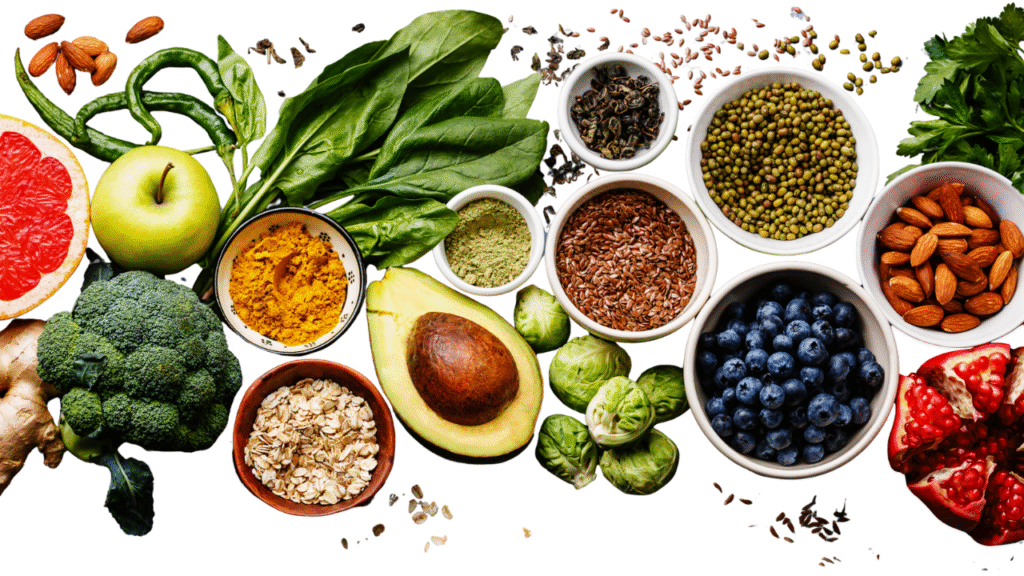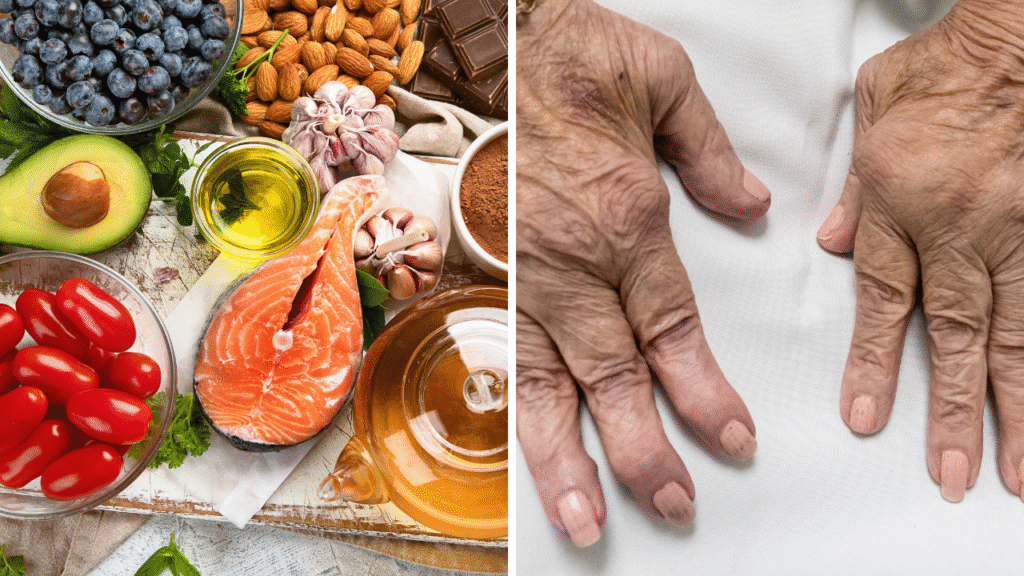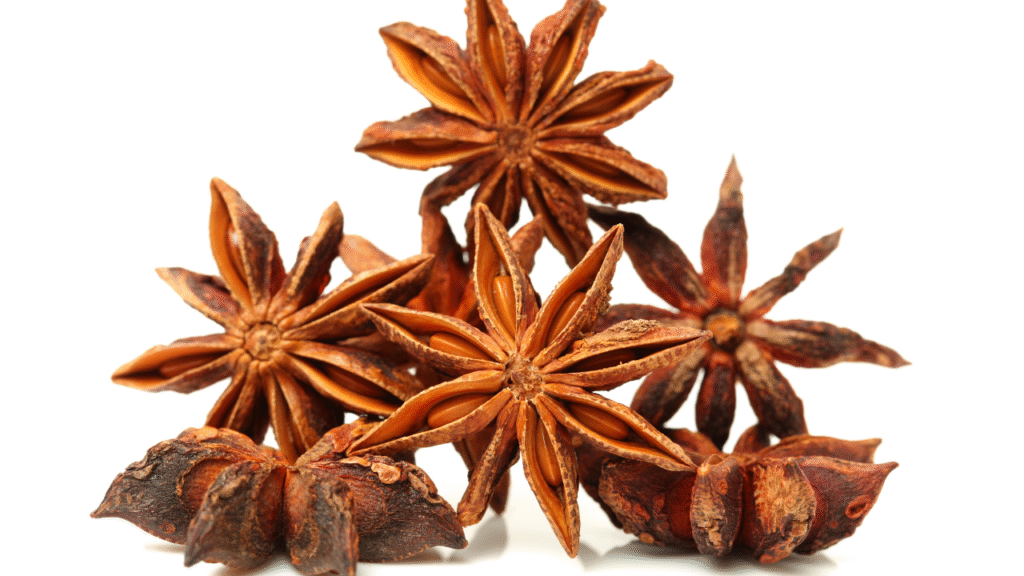
Chia seeds, native to Mexico and Guatemala, from the Salvia hispanica plant, have tiny black seeds called chia seeds. These seeds have a lot of fiber, omega-3 fatty acids, protein, essential minerals, and vitamins, which can help with digestion, blood pressure, and blood sugar control.
Chia seeds are small, flat, oval-shaped, and shiny. They can be used in cereal, pudding, baked goods, salads, yogurt, and as an egg substitute, among other things. It has been around for a long time.
They were an essential crop in the Aztec and Mesoamerican cultures of the past. Chia is now grown professionally in Mexico, Guatemala, Peru, Argentina, Australia, and the US. It is well known as a healthy food that is full of nutrients.
Nutritional Value of Chia Seeds
1. Nutritional content
With 486 kcal per 100 g, chia seeds are very healthy and have a unique chemical makeup. They have a lot of fat, protein, carbohydrates, vitamins (A, E, C, B1, B2, and B3), minerals (calcium, phosphorus, potassium, and magnesium), and essential and non-essential amino acids. These amino acids are needed for the human metabolism to work and for tertiary and quaternary protein structures to work well.
2. High in fiber
People can meet their fiber needs with just under 10 g of chia seeds. Adults should eat 25–30 g of fiber daily, about 30% of what a serving of chia seeds can give you. It helps keep the digestive tract healthy and keeps you from getting constipated.
3. High in Omega-3 and Omega-6
Polyunsaturated fatty acids (PUFAs), like Omega-3 and Omega-6, are found in 6.72 g of chia seeds per serving. According to a meta-analysis of 86 clinical trials published in 2020, increasing one’s intake of Omega-3 may reduce one’s risk of heart attack and associated risk factors.
4. Loaded with Antioxidants
Chia seeds have a lot of antioxidants, which keep the seeds’ sensitive fats from going rancid and help people’s health by getting rid of molecules called free radicals. Antioxidants like chlorogenic acid, caffeic acid, myricetin, quercetin, and kaempferol are all in chia seeds. These antioxidants may protect the heart and liver and fight cancer. Caffeic acid may help lower blood pressure and can stop inflammation.
Shop Online
Here are 10 Health Benefits of Chia Seeds
1. Healthy Skin
Chia is a food that has a lot of antioxidants. Mexican researchers found that the total amount of antioxidants in chia is almost twice as high as was thought before. Scientists have found that Salvia hispanica seeds can stop up to 70% of the damage done by free radicals. It makes them one of the most antioxidant-rich foods on the planet. It can shield skin cells from the sun and other environmental aggressors, preventing premature aging.
2. Improve digestive health
One ounce of chia seeds has almost 11 grams of fiber, which is a lot. Adding one ounce to your daily meals can meet 44% of your fiber needs. It improves digestive health by making you go to the bathroom more often and keeping you regular, which keeps you from getting constipated. The fiber is also prebiotic, which means it feeds the good bacteria in the gut. Chia seeds’ soluble fiber and polyphenols can act as prebiotics, feeding the good microbes in the stomach. These microbes then make substances that protect the lining of the intestines, which is good for gut health.
3. Improve Heart Health
Researchers have found that chia seeds reduce inflammation and several risk factors for heart disease. Chia seeds have more omega-3 fatty acids per gram than salmon, which help keep the heart healthy by lowering blood pressure, cholesterol levels, and inflammation. They also have alpha-linolenic acid (ALA), which may reduce the chance of heart disease. A meta-analysis published in Advances in Nutrition found that increasing ALA intake regularly can reduce the risk of cardiovascular disease by 10% and the risk of coronary artery disease, which can be fatal, by up to 20%.
4. Maintaining a healthy blood sugar level
Chia seeds have a lot of alpha-linolenic acid and fiber, which have been shown to help keep blood sugar levels regular and fight type 2 diabetes and insulin resistance. Studies on animals and people show that adding them to a high-sugar diet helps control blood sugar and lipid levels from changing. Studies on people have also shown that adding these seeds to white bread lowers the glycemic response and can help keep blood sugar levels from going up and down. Studies have shown improvements in glucose and insulin tolerance, lipidogram, C-reactive protein, von Willebrand factor, carbohydrate parameters, and postprandial glycemia.
5. Boost your energy and physical performance.
A study in the Journal of Strength and Conditioning found that eating chia seeds improved people working out for 90 minutes. These seeds have one of the highest protein contents of any source or grain, which means they can aid in developing muscle tissue and enhancing physical prowess. Also, eating protein after a workout can help repair muscle tissue and build new muscle, reducing the time it takes to recover between workouts.
6. Increase Bone Strength
Chia can help improve bone health and density while lowering the risk of osteoporosis. It has a lot of calcium and manganese, two minerals that keep bones healthy. One ounce of the seeds gives you 18% of the calcium and 30% of the manganese you need daily. A study done in 2018 found that rats who ate 10% chia seeds for 13 months had much more bone mineral than rats in the control group.
7. Help with Weight Loss
Chia seeds are one of the best plant-based protein sources, and studies have shown that adding 15% more protein to your daily calories makes you eat less and eat less often. Also, chia may help lower ghrelin levels, the hormone that makes you feel hungry. Also, rats who ate chia seed flour and oil had more antioxidant enzyme activity and glutathione in their bodies. It also helps people keep their weight steady, prevent obesity, and reduce the amount of fat in the liver of people with NAFLD.
8. Prevent Cancer
Chia seeds have a lot of omega-3 fatty acids and alpha-linolenic acid (ALA) that may help prevent cancer. According to laboratory research published in the Journal of Molecular Biochemistry, ALA inhibits the spread of breast and cervical cancer cells and kills cancer cells without harming healthy ones. It seems to be an excellent finding for women with these types of cancer, which are becoming more common.
9. Improve Oral Health
Chia seeds have calcium, phosphorus, vitamin A, and zinc, all good for your teeth and mouth. Calcium is a part of teeth, and zinc keeps tartar from forming and kills bacteria. Vitamin A and phosphorus are also essential for teeth and gums that are in good shape.
10. It Could Reduce Inflammation and Free Radicals
Free radicals are unstable molecules that can hurt other molecules and raise cancer risk. Antioxidants found in chia seeds, such as caffeine, myricetin, and quercetin, can shield cells from free radical damage. Quercetin is a powerful antioxidant because it can fight inflammation and protect cells from damage and oxidative stress. Foods like chia seeds that are high in quercetin are being looked at to see if they can slow or stop the aging process at the cellular level.
Shop Online
Uses of Chia Seeds
Food industry application
The food business is constantly changing, and the market for functional foods is one of its most essential parts.
Chia seeds are healthy for making juices, yogurt, cakes, cookies, baked goods, pasta, ice cream, desserts, breakfast cereals, and even sausages and hams. Chia seed coat mucilage is a valuable ingredient in the food industry because it has physicochemical properties like stabilizing foam, suspending, emulsifying, and binding fat.
Chia seeds have been added to yogurt, gluten-free bread, and cookies to make them healthier. They have also been added to sausages to make them healthier. Because it is high in ALA and low in SFA, chia oil is essential for making meat instead of animal fats and other vegetable oils.
It can protect against bad oxidative reactions because it has a lot of antioxidant activity. It is also used to increase the amount of omega-3 and omega-6 EFAs in animal feed and margarine. Adding chia seed oil to margarine makes it a good source of antioxidants.
Culinary uses
You can add chia seeds to your diet because you can eat them raw, soak them in juice, or put them in oatmeal, pudding, smoothies, or baked goods. You can sprinkle them on cereal, yogurt, vegetables, or rice dishes for a tasty treat.s. A typical dose of chia seeds is 0.7 ounces (20 grams, or about 1.5 tablespoons) twice daily. Drink a lot of water to keep your stomach from having trouble.
Recipes and Cooling Tipe
Chia seeds can be eaten uncooked or soaked in water to create a gel-like substance, which can be used to thicken things like chia seed pudding.
To make strawberry chia seed pudding, put the following things in a blender:
- 1-2 cups of frozen strawberries
- Chia seeds, three tablespoons
- One teaspoon of coconut nectar or maple syrup
- a little salt
- One tablespoon (tsp) lemon juice
- 1.5 cups milk (dairy or non-dairy)
Put the mixture in the fridge for at least an hour before serving.
Muffins, cookies, and other baked goods can all benefit from using chia seeds instead of eggs. Egg allergies, intolerances, and vegans may benefit from this.
In place of eggs, chia seeds can be used to make baked goods like muffins, cookies, and more. It can be used either whole or ground; to use them, combine one tablespoon of either with three tablespoons of water and let the mixture sit for a few minutes. You can use half as many eggs as usual when the mixture has gelled.
Shop Online
Risks and Side Effects
Chia seeds are generally safe to eat in moderation, but too many may make some people feel sick. If you are worried or have side effects that don’t go away, cut back on your dose and talk to your doctor. Some people may be allergic to chia seeds, so anyone who feels different after eating them should stop and see a doctor.
Conclusion
The nutrient-dense chia seeds are a product of Mexico and Guatemala. Minerals like manganese, calcium, phosphorus, protein, fiber, omega-3 fatty acids, and more are present. Many studies have shown its positive effects on health, including weight loss and reduced cardiovascular disease risk. Raw seeds are a great egg substitute and can be added to various foods like yogurt, smoothies, and cereal.
LINKS TO RESEARCH REFERENCES
- FoodData Central (usda.gov)
- USDA
- Health-promoting approaches to the use of chia seeds – ScienceDirect
- The Promising Future of Chia, Salvia hispanica L. – PMC (nih.gov)

NATURAL FAT LOSS HELPER
LIPASE, AMYLASE, AND BROMELAIN
AID IN DIGESTING FOOD




